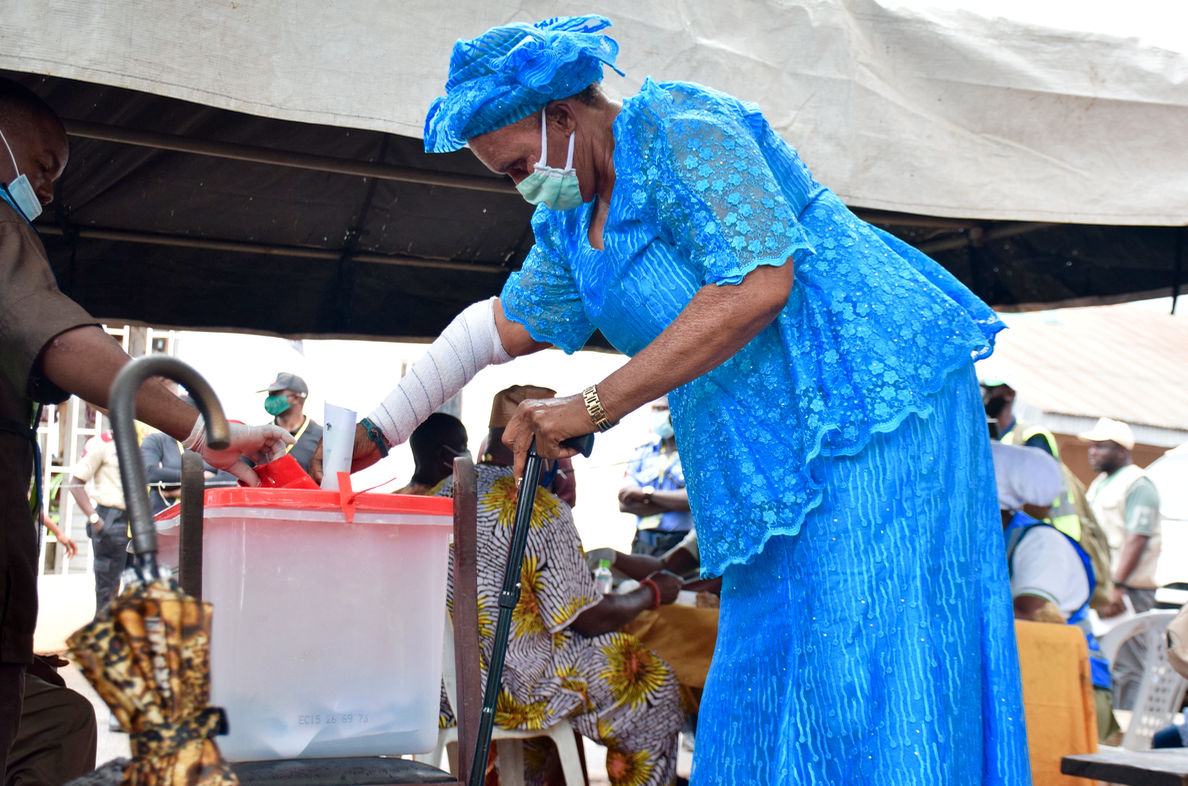In recent years, there has been a rise in the emigration of Nigerians especially, and Africans in general, to the developed world. This is hardly a surprise given the down turn in the economy of most African countries, the dwindling opportunities available to an increasingly restive and hungry population, and the desire for controlled immigration by high income countries of the world.
For Nigerians in particular, the road to emigration throws up its own challenges. But even more challenging is the cultural aspect of settling down to life far away from home. Mercifully, for most, language is hardly a barrier as most Nigerians tend to emigrate to English-speaking countries such as the United Kingdom, the United States, Canada, South Africa and Australia. Those who chose the Middle East (like the United Arab Emirates) and Scandinavian countries (like Norway, Denmark and Sweden) are also immune from the language challenge as the English language is widely spoken in these countries.
For the few but rising number who venture to countries outside of the English language sphere of influence or presence, the challenges are exponentially higher. How do they cope with general challenges like weather, race, work opportunities, housing and so on in a land where they cannot even communicate with the average person? What are the tools required to get started, and the tools to build on? These are some of the many questions that can impact the success of a new immigrant.
Having lived through the experience, as someone who emigrated directly from Nigeria to Spain, I venture to share here a few of the things which helped me to transition and integrate into an entirely new cultural landscape without losing my sense of identity. Hopefully my experience will help others who may be considering the same journey in the future.
Advertisement
I arrived in Spain in 2005 with little more than the decision that I was going to build a life for my family there. I had no knowledge of the Spanish Language and the first three months in the city of Madrid was nothing like I thought it would be. Everything was in Spanish, from outdoor signages to media. Shopping at the supermarkets was trying because every product name was written in Spanish. With little similarity between the Spanish and English languages, it was a truly difficult situation.
The culture shock, that feeling of anxiety that results from encountering unfamiliar signs and symbols, that hit me is better imagined. I manifested many of the symptoms including loneliness, homesickness, loss of appetite, resentment of my new environment, the urge to call home (Nigeria) often, and increased stress. Above all else, I was reluctant to associate with new people and I doubted myself more than I had ever done prior.
However, in time, things started to change and I began to find my way. The first critical step towards this was admitting my limitations and the challenges ahead of me. Recognising this, and determined not to fall into clinical depression, I knew something had to change.
Advertisement
Two things came to my aid. First was my Nigerian background and its multi-cultural nature, with different ethnic groups co-habiting, each thriving to the best of its abilities. Second was my family background, being the daughter of a roving nurse with the Ministry of Health, a role that required her to provide medical services to different villages in the South East of the country. In this role, she had to adapt to the different needs of each village, earn their trust and meet their health concerns. These two realities of my years in Nigeria had built in me the spirit of adaptation.
The transition continued with me signing up for Spanish Language classes. I did not just study the language, I began to pay attention to the cultural differences between my new country of residence and my country of origin. As my knowledge of the language improved, I signed up for a few more courses – fully delivered in Spanish Language.
The courses were mostly for beginners, but they enabled me to understand the cultural dimensions of my new environment as well as how they contrast with the dimensions of the places I was coming from. They also placed me before a number of people who had similar interests and who went on to become some of my closest friends till date.
There are many difficulties in learning a new language, especially as an adult. Many, in fact give up after a few years or make do with the basic communication. I found that connecting the new language to other areas of interests, and ensuring that one has people who one can consistently practice with, helps the learning process. In my case, I chose Literature and Arts, but it could have been cooking classes, knitting classes, dancing classes and any of the many things that piques one’s interest.
Advertisement
A number of other things helped my transition and subsequent adaptation. Staying busy – I was studying, working and volunteering with a number of social projects – was one of them. This gave me little room to feel sorry for myself and ensured that my network continued to grow. Also, keeping an open mind did help. In this, my Mum’s saying, “their way is not better and our way is not worse. It is just different and different is not good or bad. We just need to learn about it and know how it fits into our bigger picture”, was truly prescient.
Curiosity was another important tool for me. I asked questions and never tired of asking questions. In time, I came to realise that most people would be more than happy to help someone who shows respectful curiosity. In addition, I was open with my own experiences – the same way I was asking questions and actively listening to the answers I was getting, I was also happy to answer the questions I was being asked. This “give and take” helped me to establish deep connections.
Following through with all of the above, my Spanish was good enough within two years to impress natives. And beyond that, my knowledge of the cultural nuances helped me and the locals in my network to have a mutually beneficial relationship.
I have now spent 17 years in Spain, culturally well adapted with a nuanced grasp of the Spanish language that has opened the doors for me to assist many organisations and government institutions in areas of translation and interpretation. My transition also sparked my interest in understanding how culture affects outcomes. Today, part of my work involves helping organisations to define their corporate cultures as well as managing diversity and inclusion.
Advertisement
Upon reflection, as Nigerians continue to flood out of Nigeria in search of “greener” pastures, it is important that we all remember that no matter what we have experienced in Nigeria, the lessons we have all learnt can help us in ensuring a smooth transition. Even more important, such lessons pave the way for us to achieve success and to teach the locals a thing or two while we are at it.
Oma teaches Organisational Development and Cultural Diversity at the Geneva Business School, Madrid, Spain.
Advertisement
Views expressed by contributors are strictly personal and not of TheCable.







